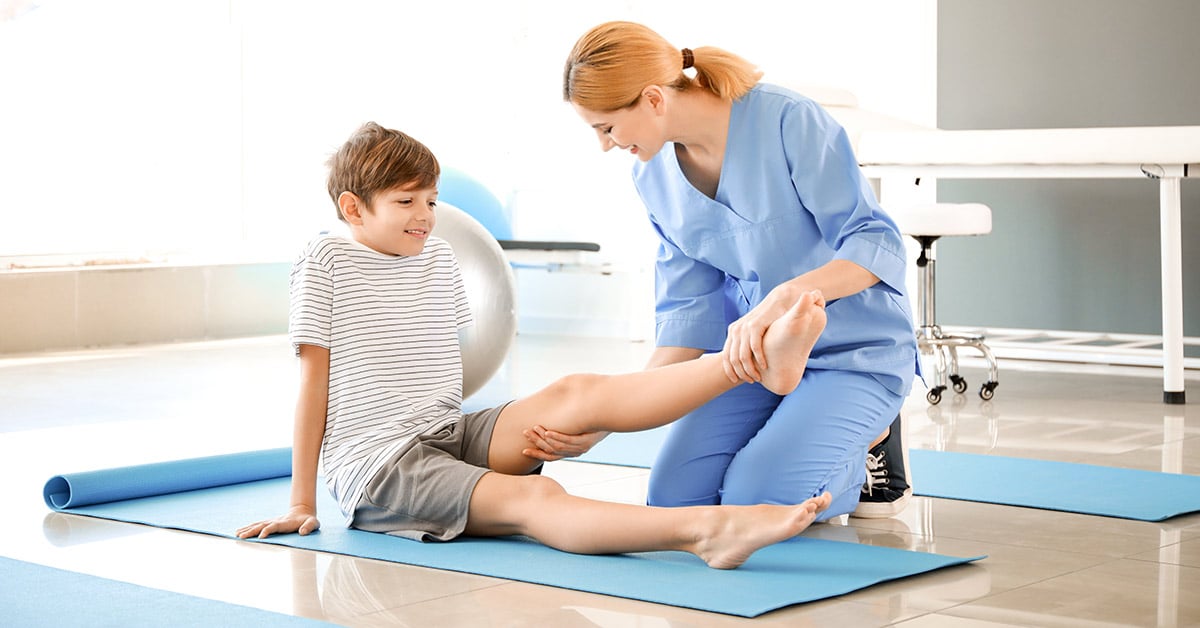Enhancing Rehabilitation Results Via Effective Practical Movement Screening Guidelines
Enhancing Rehabilitation Results Via Effective Practical Movement Screening Guidelines
Blog Article
Functional Movement Screening (FMS) is a beneficial tool used to assess an individual's mobility patterns. This assessment aids identify any deficiencies or discrepancies in the musculoskeletal system, which can result to injuries if not corrected. In rehabilitation contexts, FMS can play a crucial role in enhancing recovery results. By comprehending how each person navigates, healthcare professionals can design focused rehabilitation plans that focus on improving power, flexibility, and general function.
One of the main advantages of using FMS in rehabilitation is its capability to pinpoint particular areas that need enhancement. For example, if a client struggles with squat movements or lunge movements, it may indicate a deficiency of mobility in their hip joints or ankle joints. This information allows clinicians to formulate personalized fitness regimens that highlight correcting these shortcomings. As a result, patients are more likely to recover their strength and ability, which is essential see page for resuming to daily activities or athletics.
Incorporating efficient FMS protocols can also assist prevent future harm. Many damages occur due to inefficient mobility mechanics or excessive use of certain muscle clusters. By screening patients before they begin a rehabilitation plan, clinicians can identify hazards and establish strategies to minimize them. Informing patients about proper mobility mechanics and strengthening underdeveloped areas can lead to sustained advantages, ensuring that they stay engaged and healthy.
Moreover, the use of FMS can enhance communication between healthcare providers and patients. When clients witness their movement mechanics assessed and explained, they gain a better comprehension of their rehabilitation process. This transparency fosters confidence and encourages patients to take an active part in their rehabilitation. By involving patients in their recovery journey, they are more likely to adhere to prescribed activities and behavioral changes that support better results.
In summary, enhancing rehabilitation results through efficient functional movement screening procedures is crucial for both patients and healthcare providers. By precisely evaluating mobility mechanics, therapists can develop customized rehabilitation programs that meet specific needs. This not only facilitates in rehabilitation but also helps avoid future injuries. As patients become more involved in their recovery journey, they are hydrotherapy likely to achieve their objectives and maintain a healthy, engaged lifestyle.